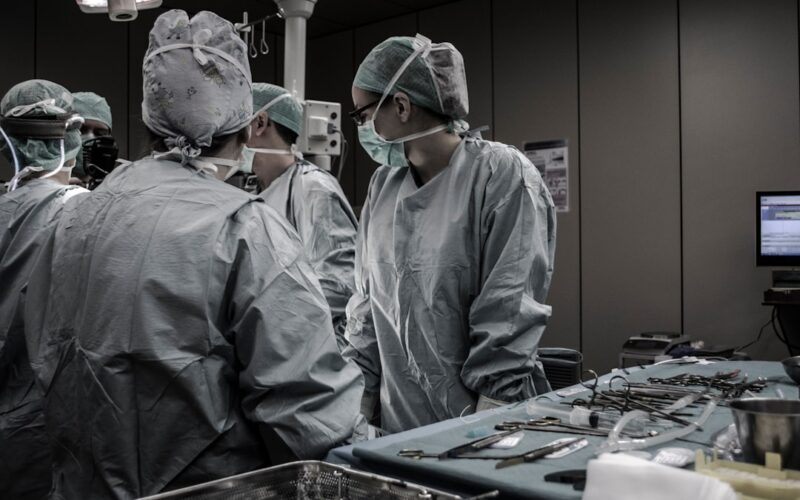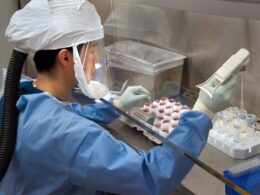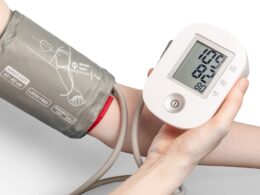A remarkable medical breakthrough has taken place at MGM Cancer Institute in Chennai, where doctors performed the world’s first documented successful TCR alpha beta depleted haploidentical bone marrow transplant (BMT) in a child with Bloom Syndrome. The patient, a 12-year-old girl diagnosed at age 10, received life-saving stem cells from her younger brother—an act that’s not just a testament to sibling love but also to medical ingenuity.
Fewer than 300 cases of Bloom Syndrome have ever been reported globally—294, to be exact, according to the Bloom Syndrome Registry as of 2023. This ultra-rare genetic condition is notorious for causing growth delays, immune deficiencies, and a sky-high risk of cancers—up to 150-300 times more than the general population. It also brings along insulin resistance, frequent infections, and blood-related complications such as acute myeloid leukemia and myelodysplastic syndrome (MDS), which the young girl was battling along with Monosomy 7, a loss of one copy of chromosome 7.
Adapting Treatment for Rare Risks
Conventional high-dose chemotherapy wasn’t an option; children with Bloom Syndrome are extremely sensitive and can’t tolerate those regimens. The BMT team, led by Dr. M. Deenadayalan and Dr. Vimal Kumar G., had to tailor the conditioning protocol meticulously, balancing treatment efficacy with the patient’s fragile health. Their innovation paid off: one year post-transplant, the girl’s immune function has returned to normal.
Not only has she survived, but she’s thriving—back at school and participating in daily activities like her peers. However, regular follow-ups will remain essential to monitor her long-term health. The significance of this achievement has already been recognized internationally: her case was published in Pediatric Blood and Cancer, underscoring its global impact.
Setting New Standards—and Challenges Ahead
The success story shines a light on both the promise of precision medicine and persistent challenges: awareness about stem cell donation remains low in India. As Dr. Deenadayalan noted, this operation was one of the most challenging bone marrow transplants ever attempted.
For families affected by Bloom Syndrome—which often means living under constant threat from cancer and infection—this case offers hope that new doors are opening in treatment possibilities. It’s a milestone not just for Chennai or India, but for rare disease care worldwide.










